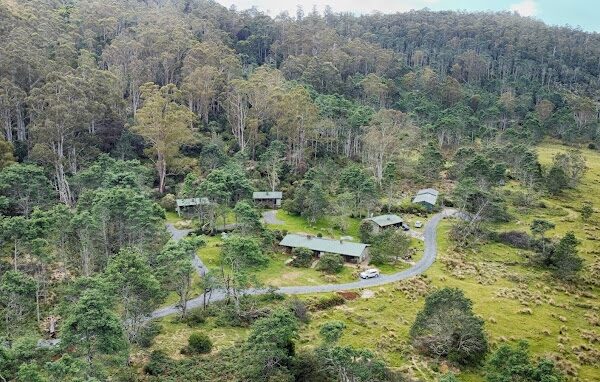The first thing we consider in our work is quality in living. One of the major impacts of the Covid19 pandemic has been unemployment and worsening under employment. Separately there is concern about how crops will be harvested given the reduced numbers of international backpackers and other temporary workers who usually do much of this work. Put all this together as we move towards major harvest seasons and we are likely to see some serious labour challenges.
The workers and their wages
International students and backpackers usually make up around 11% of our working population. However it seems they are being exploited by some Australian employers. A study of the pre-pandemic work experiences of around 4000 students and backpackers has found significant underpayment with fruit-pickers the lowest paid of all. One in three received around half the minimum wage. Worst of all was one in seven workers on fruit farms who earned around $5 an hour – around a quarter of the legal minimum wage for a casual worker.
So it would seem at least some farms are underpaying their workers. Additionally this sector has a strong reliance on temporary workers – students and backpackers whose numbers are now significantly reduced. In the mix also are credible reports of unemployed Australians struggling to land farm jobs despite being keen to work.
This year, when so many Aussies are looking for work it is going to be interesting to understand more of what has been really going on in our agricultural labour market.
Fabulous Farmers
In contrast there are some bright spots where farms and farmers pay award wages by the hour rather than the hated piece rates. They also employ locals and have a reputation for looking after their workers. This should mean they will have less problems in finding harvest labour in their upcoming picking season.
Part of our philosophy and working with our clients in passing on their properties is quality in living. One fundamental is that people should be paid a fair wage for fair work.
Achacha
One example of farmers doing the right thing and being respected for doing so are Bruce and Helen Hill. As owners of a unique Achacha farm near Townsville their farm is known as a ‘very good farm to work’ according to the manager of the local backpackers hostel. Payments are ‘by the hour and at award rates’ rather than piece rates, as well as having a ‘body friendly’ harvest. The picking can be done standing up with no back breaking crouch and no climbing ladders. There is also an added bonus of doing the picking inside the tree shaded from the summer heat. Bruce and Helen are also known for ‘looking after their workers’. A fair wage for fair work.
Bruce and Helen are hoping, along with many other farmers, that they manage to find farm labour this season. The Achacha harvest of around 300 tonnes starts in January and runs through to March, after the local mango harvest finishes. The farm usually employs around half locals and the remainder backpackers.
The farm is also popular with grey nomads who usually stay on for 1-2 months and enjoy breaking their journey on a working organic farm, only 30 minutes away from Townsville.
The farm is organic and biodynamic certified producing not only Achacha but also mangoes and very popular Achacha honey. Their farm tours are also growing in popularity with visitors enjoying the experience of a working sustainable farm. This is a farm that embodies quality in living !






